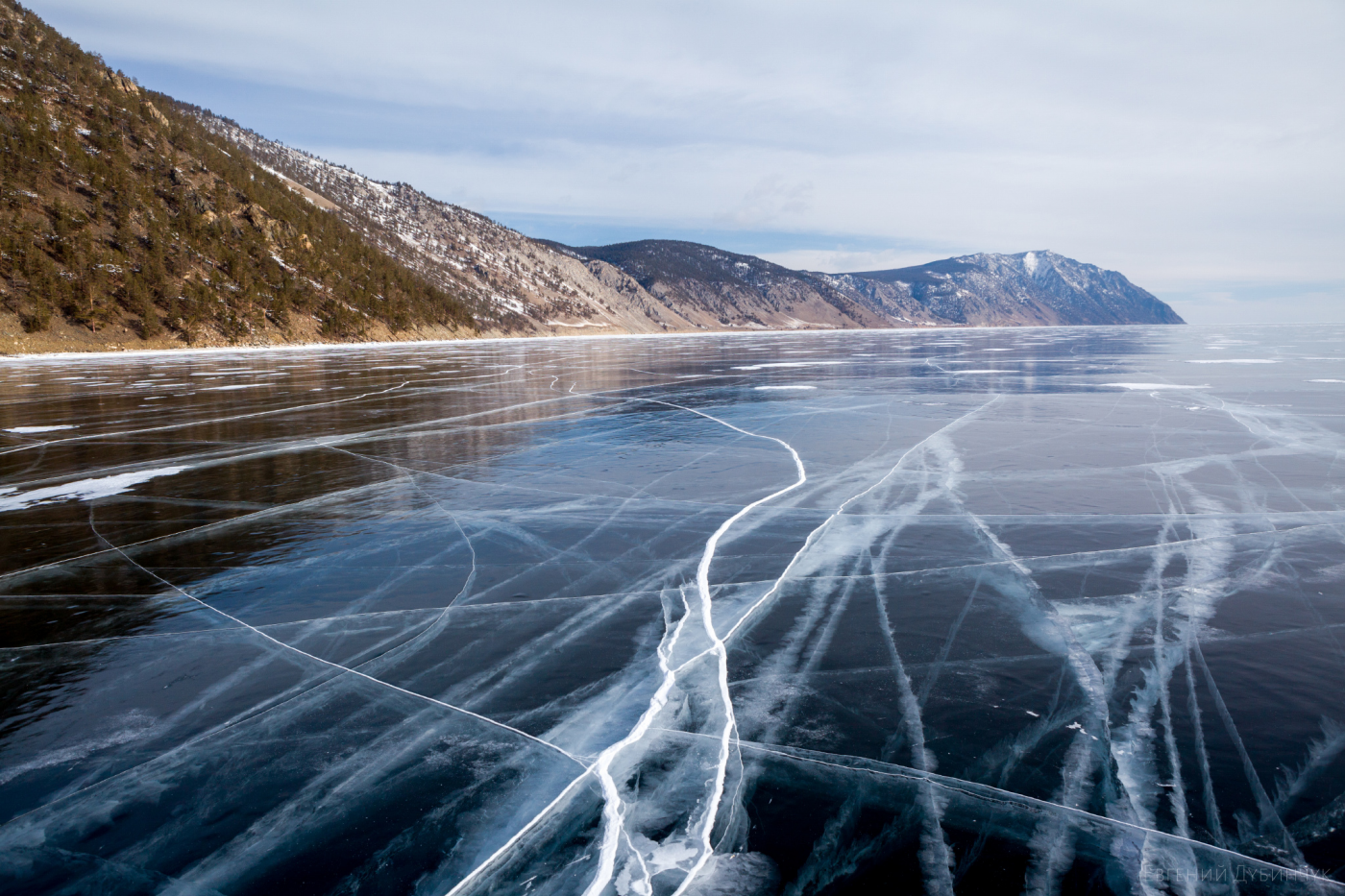Sociological Survey «The Baikal: Opinion of the Irkutsk Region and the Republic of Buryatia Population on Ecological Problems of the Lake»

February 2018
While conducting ecological analysis of the region it is impossible to ignore the attitude and the opinion of local population. Lake Baikal Foundation looks towards getting the fullest and the most objective picture of social and environmental processes around lake Baikal and in this regard initiated a complex sociological survey among the population of the Irkutsk region and the Republic of Buryatia in February, 2018. In partnership with Analytical Center NAFI the Foundation conducted an opinion poll on environmental problems of the Baikal.
Goals:
- to find out popular opinion on such issues as pollution, dampening, negative impact of tourism on local environment;
- to demonstrate the fact that the opinion of the population is important for decision-making on the Baikal’s environmental problems.
Targets:
- to poll the people on the following issues: eco-education and eco-culture, attitude towards tourism and environmental agenda in the Baikal region as a whole;
- to present survey’s results in federal media and in specialized governmental bodies.
What was done:
- the survey involved 503 respondents from 26 localities in 8 districts in the Irkutsk region and the Republic of Buryatia.
Results:
- The poll revealed that, according to the population, the most damaging problems of lake Baikal are the pollution with sewage and trash left by tourists in the natural territory. 55% of respondents answered that the development of tourism leads to negative consequences and 59% called for the imposing restrictions on tourist flows, particularly from China and Asia, in view of their disregard for lake Baikal. The majority of respondents (61%) spoke in favor of imposing an increased tourist fee to preserve the environment of the Olkhon island.
- The resonant topic of the reduction of the water protection zone was also reflected in the survey. The opinions on the decision to cut the water protection zone of lake Baikal divided almost equally (48% – «against», 46% – «for», 6% of respondents found it difficult to answer). It is important to note that at the same time 62% of the respondents took a positive view of the need to limit economic activity near lake Baikal.
Detailed results of the project can be found in the presentation.
Publications
Туризм — экологическая угроза для Байкала, РБК+1, 22.03.18
Инициатива по сокращению водоохранной зоны Байкала вызвала споры, East Russia, 16.03.18
Жители Бурятии и иркутяне больше не хотят выходить из «искусственной резервации»?, Infpol, 12.03.18
Депутат ГД: Документ о водоохранной зоне Байкала нужно принять на основе научных данных, Irkutsk Media, 12.03.18
Водоохранные границы Байкала хотят скорректировать, Коммерсантъ FM, 11.03.18
Водоохранная зона Байкала тонет в спорах, Коммерсантъ, 06.03.18
Соцопрос: главная беда Байкала это мусор и за последние 5 лет ситуация ухудшилась, Восток Телеинформ, 03.03.18
Социологи: жители Прибайкалья считают, что экология на озере будет только ухудшаться, Телеинформ, 02.03.18
Сражение за прибрежные плацдармы, Кислород. Life, 22.03.18
Байкал: сражение за прибрежные плацдармы, Тайга. Инфо, 22.03.18
Сибиряки считают, что теряют Байкал, Regnum, 27.02.18
48 % жителей с берегов Байкала выступают против сокращения водоохранной зоны, Irk.ru, 20.02.18

